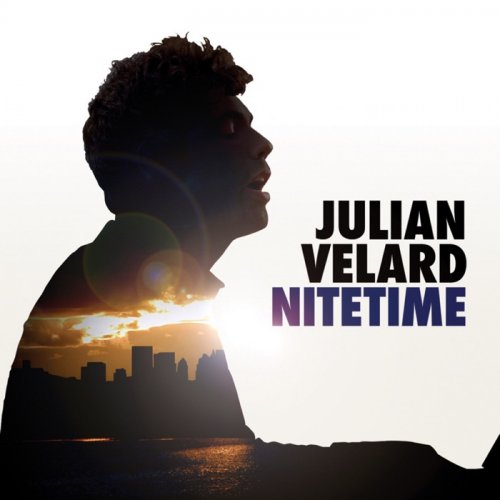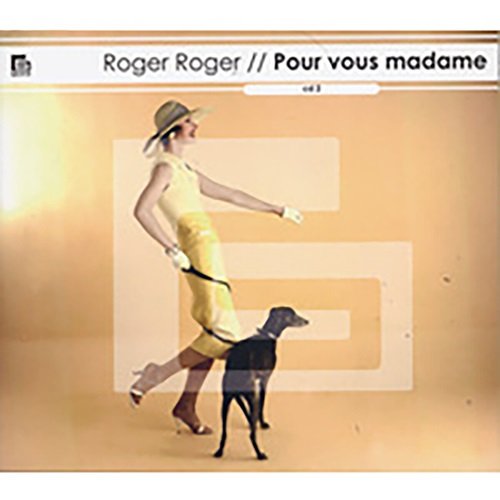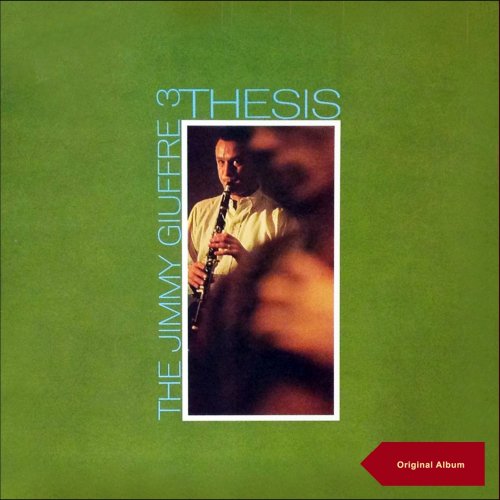Kronberg Academy Soloists, Schleswig-Holstein Festival Orchestra, Christoph Eschenbach - Hindemith: Kammermusik, Vol. 2 (2020) [CD-Rip]
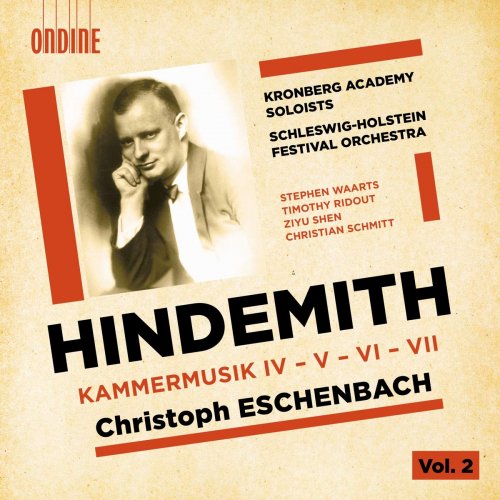
Artist: Kronberg Academy Soloists, Schleswig-Holstein Festival Orchestra, Christoph Eschenbach
Title: Hindemith: Kammermusik, Vol. 2
Year Of Release: 2020
Label: Ondine
Genre: Classical
Quality: flac lossless (image +.cue, log, artwork, booklet)
Total Time: 01:12:39
Total Size: 324 mb
WebSite: Album Preview
TracklistTitle: Hindemith: Kammermusik, Vol. 2
Year Of Release: 2020
Label: Ondine
Genre: Classical
Quality: flac lossless (image +.cue, log, artwork, booklet)
Total Time: 01:12:39
Total Size: 324 mb
WebSite: Album Preview
01. Kammermusik No. 4, Op. 36 No. 3: I. Signal
02. Kammermusik No. 4, Op. 36 No. 3: II. Sehr lebhaft
03. Kammermusik No. 4, Op. 36 No. 3: III. Nachtstück. Mäßig schnelle Achtel
04. Kammermusik No. 4, Op. 36 No. 3: IV. Lebhafte Viertel
05. Kammermusik No. 4, Op. 36 No. 3: V. So schnell wie möglich
06. Kammermusik No. 5, Op. 36 No. 4: I. Schnelle Halbe
07. Kammermusik No. 5, Op. 36 No. 4: II. Langsam
08. Kammermusik No. 5, Op. 36 No. 4: III. Mäßig schnell
09. Kammermusik No. 5, Op. 36 No. 4: IV. Variante eines Militärmarsches
10. Kammermusik No. 6, Op. 46 No. 1: I. Mäßig schnell, majestätisch-Doppelt so schnell
11. Kammermusik No. 6, Op. 46 No. 1: II. Langsam
12. Kammermusik No. 6, Op. 46 No. 1: III. Variationen-IV. Lebhaft, wie früher
13. Kammermusik No. 7, Op. 46 No. 2: I. Nicht zu schnell
14. Kammermusik No. 7, Op. 46 No. 2: II. Sehr langsam und ganz ruhig
15. Kammermusik No. 7, Op. 46 No. 2: III. Tempo Equals 184
![Kronberg Academy Soloists, Schleswig-Holstein Festival Orchestra, Christoph Eschenbach - Hindemith: Kammermusik, Vol. 2 (2020) [CD-Rip]](https://www.dibpic.com/uploads/posts/2020-12/1608661732_2.jpg)
The present release is the first volume in a series dedicated to Paul Hindemiths (18951963) chamber works includes the first three works in his Kammermusik series together with Kleine Kammermusik written for a wind quintet. This album continues a successful series of recordings of Hindemiths music together with conductor Christoph Eschenbach. This series has earned him, among others, a Grammy award. These recordings of chamber music have been recorded with a group of young promising artists, including pianist Christopher Park and cellist Bruno Philippe who are playing the solo parts in the Concertos, Op. 36.
Hindemith’s postwar period may rightly be described as a time of new beginnings not only for Hindemith personally but also for the European concert world, both in economic and artistic respects. It was during this time that Hindemith wrote his Kammermusik No. 1 (1922), a work for an ensemble of twelve solo instruments. Through to 1929 it was followed by six solo concertos that he designated as the Kammermusiken Nos. 2–7. At the premieres of four of these works the composer himself performed as an instrumentalist or as a conductor. Hindemith described the special character of such solo concertos for chamber orchestra in 1925, when he evaluated compositions that had been submitted to a competition: “The term ‘solo concerto’ is almost nowhere properly understood. Work indeed is done with solo instruments, but they do not perform in concerto style. In others, the prescribed ‘chamber orchestra’ is merely a reduced large orchestra that […] limits itself to producing a noise similar to the one traditionally produced by the larger groups of musicians but with shriveled means. In my view, this chamber orchestra has nothing to do with a proper chamber orchestra, in which only a few instruments of a very specific character (specified by the work) are in operation and with which genuine chamber-musical work is done.” By the time Hindemith ended the series of his seven Kammermusiken in 1929, he stood at the center of the German music world.
"Eschenbach’s focus is very fixedly on the earlier, wilder Hindemith in this first disc of a two-volume set...Tempos are swift and lively, the touch light not heavyhanded, relishing the fervid precocity of Hindemith’s athletic lines and precisely calculated ensembles...In both concertos, Ondine’s bright, clear-set sound is a major factor in the music’s overall impact." (Gramophone Magazine)
Xi Zhai, piano
Christopher Park, piano
Bruno Philippe, cello
Kronberg Academy Soloists
Schleswig-Holstein Festival Orchestra
Christoph Eschenbach, conductor

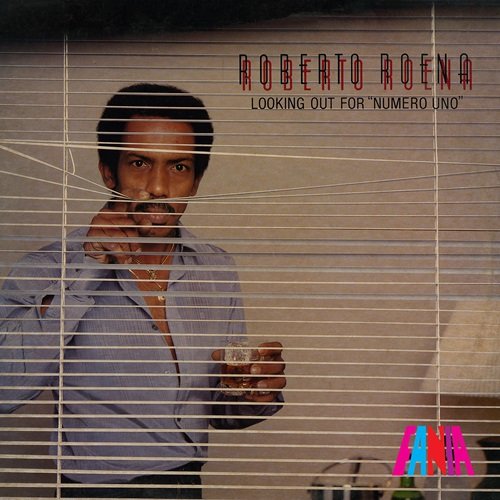
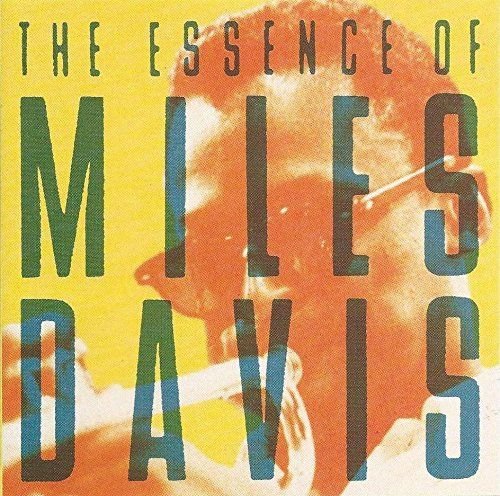
![Bobby Meckam - Trumpet and Jazz in Strings (1981/2025) [Hi-Res] Bobby Meckam - Trumpet and Jazz in Strings (1981/2025) [Hi-Res]](https://www.dibpic.com/uploads/posts/2025-12/1766062047_cover.jpg)
![Erwan Keravec - Whitewater (2025) [Hi-Res] Erwan Keravec - Whitewater (2025) [Hi-Res]](https://img.israbox.com/img/2025-12/21/2e6xtjojbwml63os6dxwp1bzj.jpg)
![Christian Escoudé, Aldo Romano - Return (Remastered 2024) (2024) [Hi-Res] Christian Escoudé, Aldo Romano - Return (Remastered 2024) (2024) [Hi-Res]](https://www.dibpic.com/uploads/posts/2025-12/1766398924_nbinjdpzhg4qc_600.jpg)
